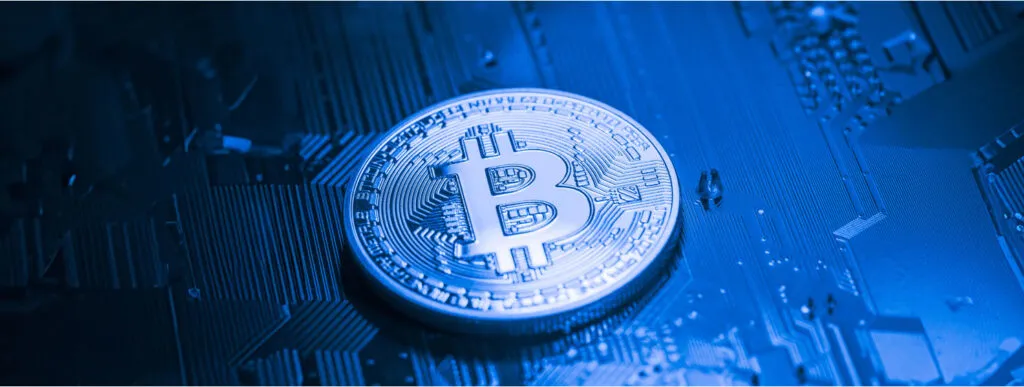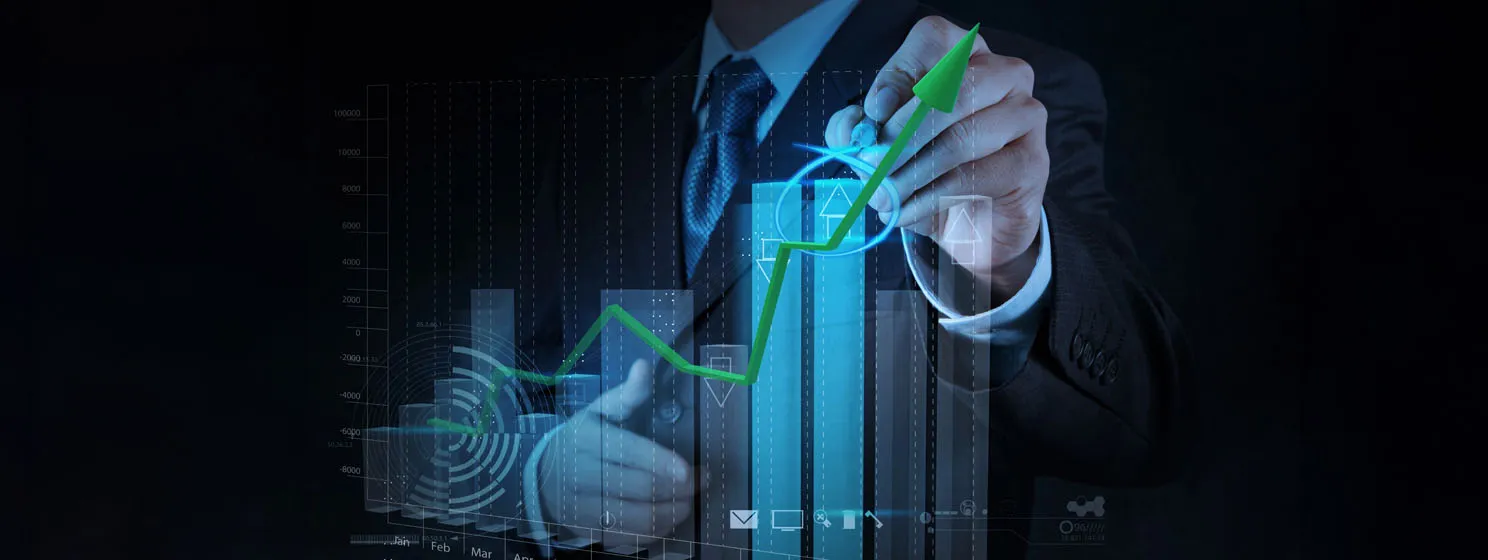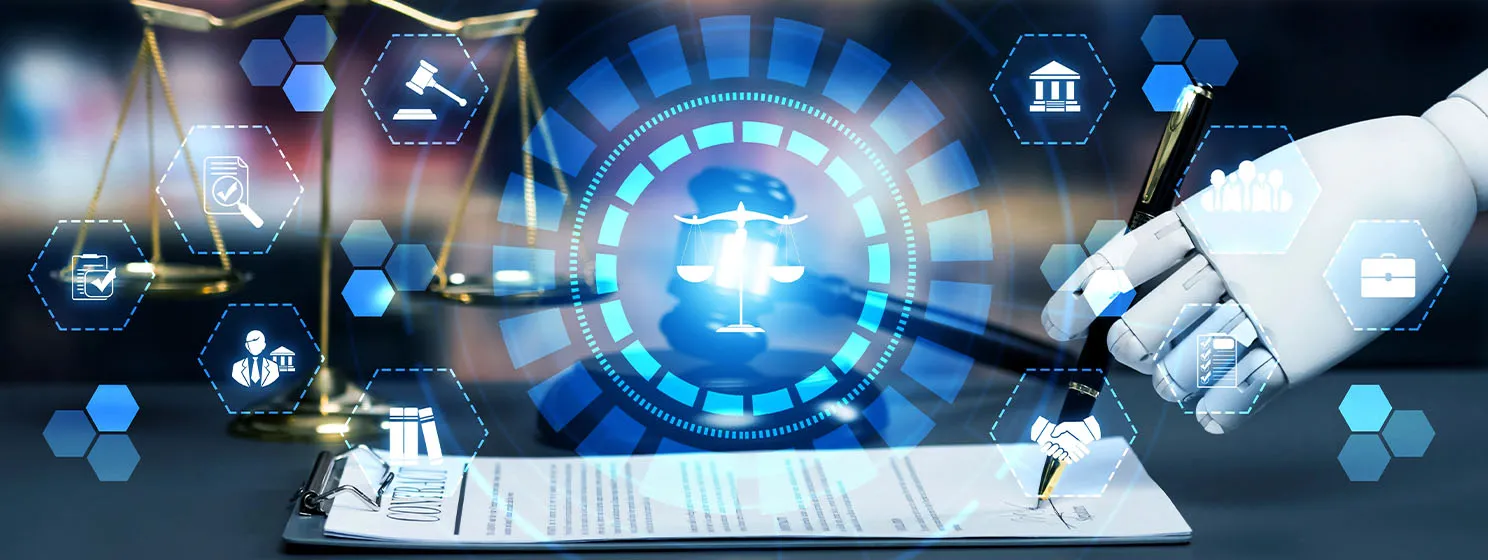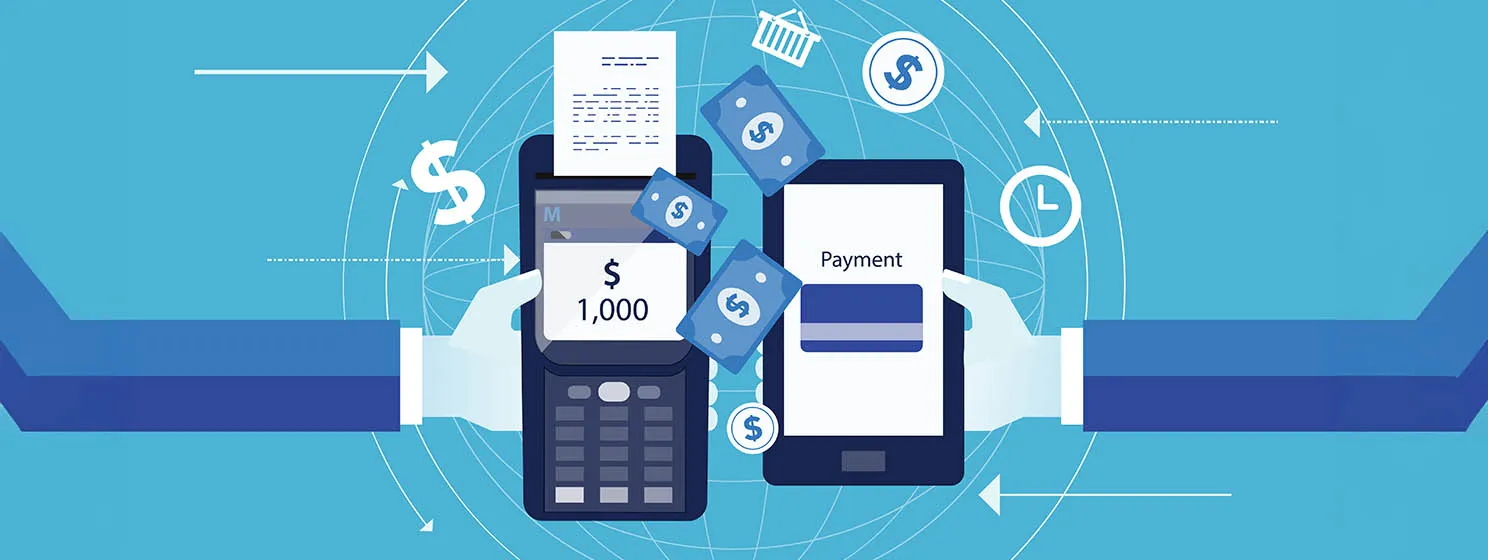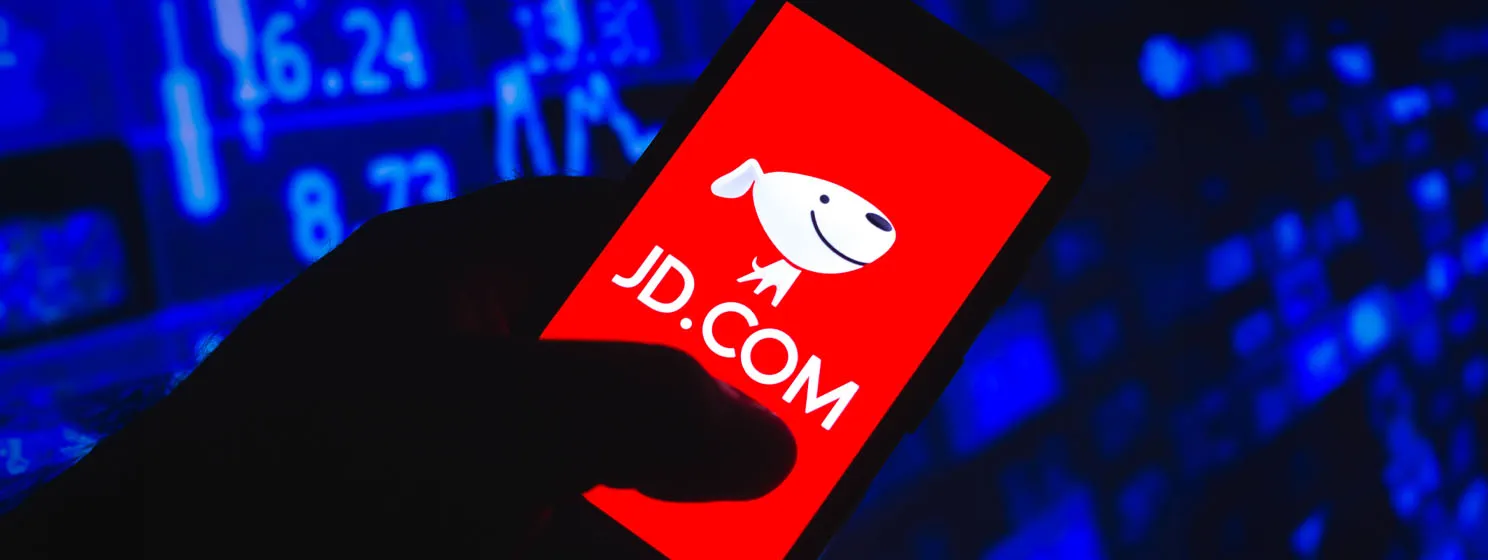
South Africa
Nigeria, Somalia, South Africa, Eswatini advance digital ID plans
Nigeria has partnered with the World Food Programme to disburse aid via digital wallets, while Somalia now uses biometrics on...
Stablecoins explode in Africa, but will regulators catch up?
A recent report found that 9.3% of Sub-Saharan Africans use stablecoins, the highest share globally, but limiting regulations poses the...
Ethiopia pushes for domestic AI; S. Africa clears path for Starlink
Elsewhere, South Africa requires telcos to have at least 30% black ownership to receive permit, but the gov’t is changing...
South Africa: Digital assets not subject to forex controls
In a case pitting South Africa’s largest bank against the central bank, a court ruled that digital assets are not...
This Week in AI: AI vs US Copyright Office; Grok under fire
In other AI news, rumors are taking place that OpenAI is in talks for an IPO, and Grok came under...
South Africa implements FATF Travel Rule for digital assets
The Travel Rule took effect on April 30 and requires digital asset users to share information about their transaction counterparties...
Recent
Trending
Most Views

 07-08-2025
07-08-2025 



